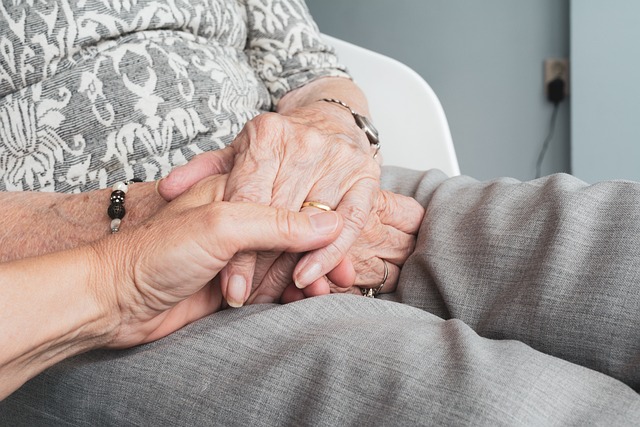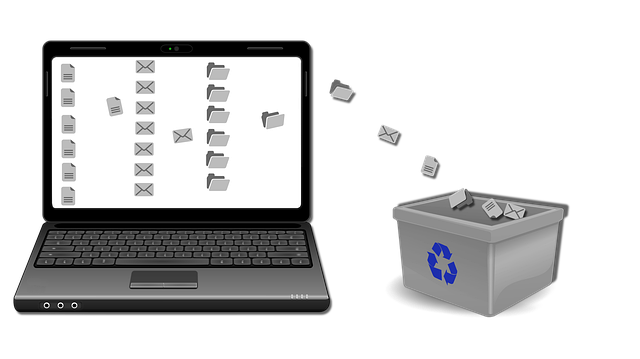A tidy home is a powerful tool for enhancing mental well-being. Clutter contributes to stress, anxiety, and depression by reflecting internal chaos. Decluttering involves a mental exercise that encourages minimalism and prioritization, reducing overwhelm and improving focus. By letting go of unnecessary items and simplifying spaces, individuals create calm, controlled environments that foster better emotional regulation. Effective home organization and decluttering start with assessing space, sorting possessions, and adopting practical storage solutions. Regular weekly maintenance and long-term practices significantly reduce stress, improve focus, and promote tranquility.
Organized homes contribute significantly to peaceful minds, fostering mental well-being through minimalism and clarity. This article delves into the profound connection between home organization and mental health, offering practical strategies for decluttering and creating serene living spaces. We explore long-term practices that sustain inner tranquility, empowering you to transform your home into a sanctuary of calm and order. Discover how effective home organization can enhance your overall quality of life through efficient storage solutions and thoughtful design.
- Understanding the Connection Between Home Organization and Mental Well-being
- Strategies for Decluttering and Creating a Calming Living Space
- Sustaining Peace of Mind Through Long-term Home Organization Practices
Understanding the Connection Between Home Organization and Mental Well-being
A tidy home is more than just aesthetically pleasing; it’s a powerful tool for cultivating mental well-being. The connection between home organization and mental health is deeply intertwined, as clutter and disarray can contribute to stress, anxiety, and even depression. A cluttered living space often reflects internal chaos, making it harder to find clarity and peace of mind. Conversely, organized environments create a sense of calm and control, promoting better emotional regulation.
Decluttering goes beyond physical spaces; it’s a mental exercise that encourages minimalism and prioritization. By letting go of unnecessary items and simplifying one’s surroundings, individuals can reduce mental overwhelm and improve focus. This process allows for easier access to essential belongings, streamlining daily routines and enhancing productivity. As a result, a well-organized home becomes a sanctuary, fostering tranquility and a clearer mindset—essential elements for maintaining robust mental health.
Strategies for Decluttering and Creating a Calming Living Space
Creating a peaceful living environment starts with effective home organization and decluttering strategies. The first step is to assess your current space and identify areas that contribute to clutter and chaos. Start by sorting through possessions, keeping only what sparks joy or serves a purpose. Donate, sell, or recycle items no longer needed, freeing up valuable storage space. A practical approach involves implementing storage solutions tailored to each room’s unique challenges. For example, utilize baskets for small items in the bathroom, install shelves for books and decor in living areas, and consider under-bed storage bins for seasonal attire.
Regular maintenance is key to keeping your home organized. Set aside dedicated time weekly for tidying up, putting things back in their designated places, and preventing new clutter from accumulating. A consistent routine will make the process easier over time. Remember, a calm and orderly home can significantly reduce stress levels, improve focus, and foster a sense of tranquility, allowing you to unwind and relax after a long day.
Sustaining Peace of Mind Through Long-term Home Organization Practices
Maintaining a peaceful mind is an ongoing practice, and one of the most effective ways to nurture this tranquility is through consistent home organization and decluttering. When our living spaces are clutter-free, we create an environment that supports mental clarity and reduces stress. Regularly taking the time to organize and tidy up allows us to establish a routine that fosters a sense of control and balance in our lives.
By adopting long-term practices of home organization, we can sustain this peace of mind. It involves not just one-time decluttering but developing an ongoing system that works for our individual needs. This could include setting aside dedicated time each week to maintain order, creating storage solutions that accommodate our belongings, and implementing a systematic approach to returning items to their proper places. Such practices ensure that the benefits of a tidy home extend beyond the immediate moment, contributing to sustained mental well-being over time.
Organized homes contribute significantly to peaceful minds, as evidenced by the strong connection between home organization and mental well-being. Implementing strategies for decluttering creates a calming living space, fostering tranquility and reducing stress levels. Long-term home organization practices not only sustain peace of mind but also enhance overall quality of life. By integrating these principles, individuals can transform their homes into sanctuaries that support both physical and mental health, making it easier to navigate life’s challenges with clarity and serenity.














